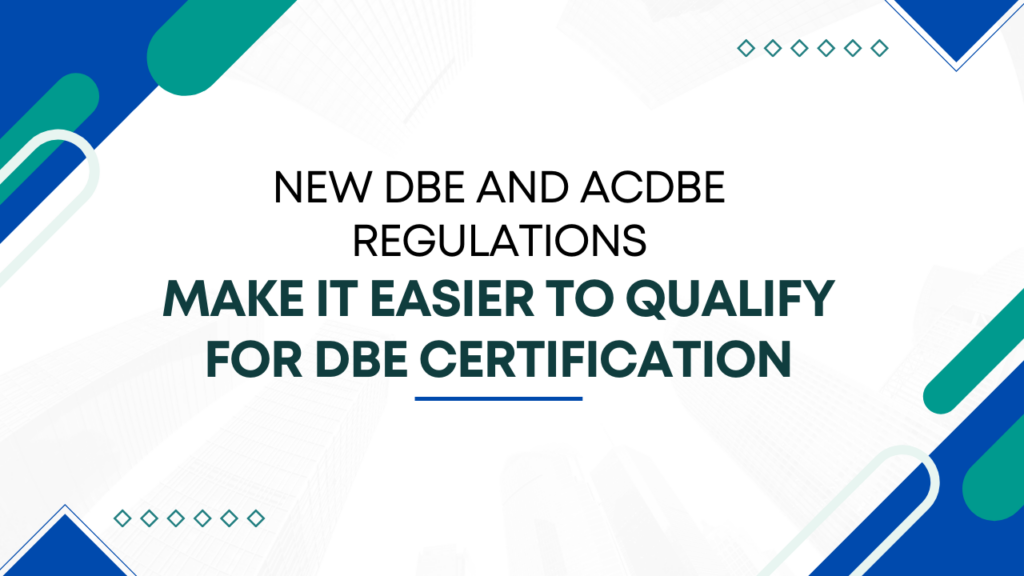
Business financing expert and author Anthony Price says raising capital today is not the way your parents raised capital 30 years ago.
Anthony Price is one of the foremost experts in the U.S. on raising capital for small businesses. Price is the founder and CEO of LootScout, which counsels entrepreneurs on how to build a better business and raise capital. As a former economic development executive, he is at the nexus of entrepreneurship, capital, and community.
Price is the author of the book, Get the Loot and Run. His second book, Free Loot: Win Cash, Prizes and Attention for Your Business, will be published this Summer.
Price started his company five years ago after working for a community development financial institution (CDFI) “lending money to businesses who wouldn’t get capital from traditional sources of capital. “
Works with small businesses and entrepreneurs to source capital from a myriad of sources, including economic development funds, community-based lenders, special bank programs, and crowdfunding campaigns.
We recently spoke with Price to discuss his books and alternative sources of capital for small business owners and entrepreneurs who were unable to secure a Paycheck Protection Program loan from the federal government.
MBE: Let’s start with your first book. Tell us about it.
Price: “Get the Loot and Run,” is the most comprehensive book on the marketplace for building a better business. The beginning of the book has different ways of building a better business, and the first chapter starts in a really controversial way.
The first chapter of the book is titled, “What are you an entrepreneur, or a small business owner?” That’s the most important question that a person going into business has to answer. Are you going to be an entrepreneur or are you going to be a small business owner? And many people associate both of those as the same thing. I look at them very differently. An entrepreneur is someone who’s looking to take risks and are going to start something usually from the ground up.
When you think of Apple computer or when you think of Amazon, you think of these companies that started from scratch and they’ve grown over the years, tremendously. Now every business doesn’t have to be that size, but those businesses are taking a tremendous amount of risk where a small business owner is different.
For example, you’re retiring after working in business for a long time and you want to open up a pizza restaurant. You may decide that it’s much easier for you to go down the street and buy an existing pizza store versus starting from the ground up. And you have no ambition of owning 20 pizza stores. You just want that one pizza store. I see that as a small business owner. Fundamentally, you have to ask yourself, “Are you going to be an entrepreneur or are you going to be small business owner?” The entrepreneur is going to take risks and they’re looking to scale. Many times, they want to own several locations or grow.
That’s the first chapter of the book and a number of other chapters talk about different topics such as marketing the business, as well as hiring and managing staff. The first half of the book focuses on different ways to improve your business, and the second half has over 40 different ways to raise capital for your business. This is a great resource for people.
I always tell entrepreneurs, or small business owners that they don’t have to read the entire book, because there’s over 400 pages in it. They can look at the table of contents for whatever challenge they’re having. If their challenge is marketing, they can go to that chapter, read it and they’re off and running. The beauty of the book is that each chapter is about a 10-minute read. So, it’s really quick.
I’ve found over the years, working with entrepreneurs, that most don’t want to read a book for pleasure. They’re picking up a book because they want to solve a problem, and they want to hit the ground running. And that’s the way that I designed this book. It’s focused on raising capital as well as solving the problems that you have in business.
MBE: How is the second book, “Free Loot, Win Cash Prizes and Attention for Your Business,” different?
Price: When I wrote “Get the Loot and Run,” I knew that it was going to be a series. So, for some businesses, especially a lot of startups, going to a bank and borrowing money is not feasible because the business may be too early in the cycle. It doesn’t have any assets that can be leveraged. [The second] book is really for people who want to use competitions as a way to raise capital for their business.
These days, there’s probably a pitch competition every night of the week. Because of COVID-19, a lot of these pitch competitions have moved online so you can pitch your business online. There are millions of dollars that can be won in competitions. This book is about using competitions as a way to get cash for your business. And that way you don’t owe anyone; you don’t give up any equity. You’re also using it as a way of generating attention for your business.
With most of these competitions, if you win, the press is going to want to cover the competition. They’re going to write something about you, whether it’s on a blog or in a print publication. It’s going to generate additional attention for you.
I have a chapter in the book where we talk about television competitions. If a business goes on the television show Shark Tank, they’re going to get tremendous amount of free press. And sometimes the press is worth more than the actual prize. The “sharks” may invest $100,000 in the business, but the attention that going on the show generates can be huge. It’s like the Oprah effect. When Oprah would pick a book for her book club, that book would become a New York Times bestseller. It’s the same thing. This book is about how to find the competition, how to enter a competition, and how to win a competition to help raise money for your business.
MBE: You’re also developing a third book. Will it based upon the first book or the second? Or will it be a combination of both?
Price: It’s going to be a combination; it will be a book about different ways to raise money from investors. I call it OPM or other people’s money. You want to be able to find a way to get OPM. And so that last book will be called “Private Loot.” But what I did with the mini books is so when I wrote get the loot and run, I came across people who would look at the book and they’d say, “Wow, this is pretty comprehensive book, over 400 pages”, and they’d look at it and they’d put it down. And so I knew then and there that there’s entrepreneurs out there, business owners out there who want the quick version of it.
MBE: You talk a lot about “getting the loot” or financing. Since many minority- and women-owned businesses did not receive loans through the U.S. Small Business Administration’s (SBA) Paycheck Protection Program. Based on your experience and your books, what are your recommendations for alternative financing?
Price: I can look at the whole full spectrum of capital. Think of capital as a buffet. If you’ve gone to a buffet and it’s basically all you can eat, you see all these flavors and all these aromas and foods. The same thing exists with capital. There’s a buffet of capital, there’s all kinds of capital. But the main thing that you have to be careful of is that all that food in the buffet is not good for you.
There’s some good food for you. And there’s some food that’s not so good, same thing in the capital space. I’m able to look at a particular situation to make sure the capital fits. I’ll look at all the different capital and determine if someone should go to a community development financial institution to get some financing. Or, maybe there’s a special bank program that’s available for you.” In the Connecticut area, a bank was running a program that required people to go through their training program to receive a $5,000 line of credit to help start building your financial future.
There are all kinds of programs like that throughout the country. My job is to know those programs. In addition to that, there’s economic development organizations. Every state in the country has an economic development entity, whether it’s in California, Montana, Florida, or Massachusetts, your state economic development entity, has basic programs throughout the state. My job is to know what’s out there in the landscape, get to know the business, understand your needs and say, “Okay, this is the best plan of action for you to help raise capital for your business.”
To learn more about Price’s company or to purchase any of his books, visit https://www.lootscout.com.












